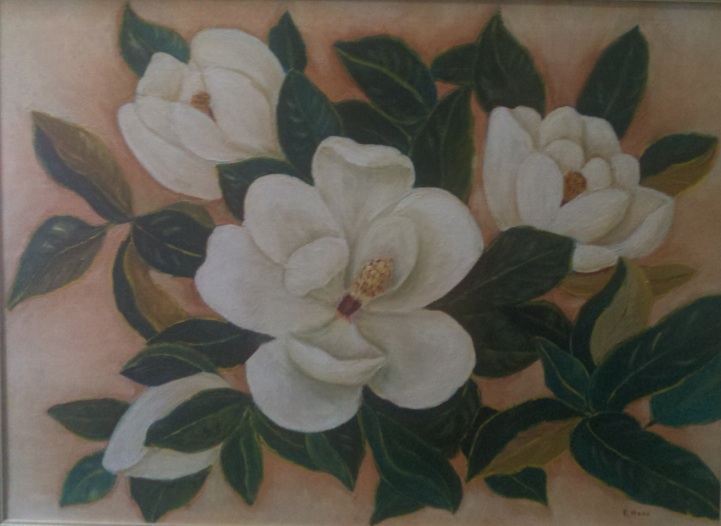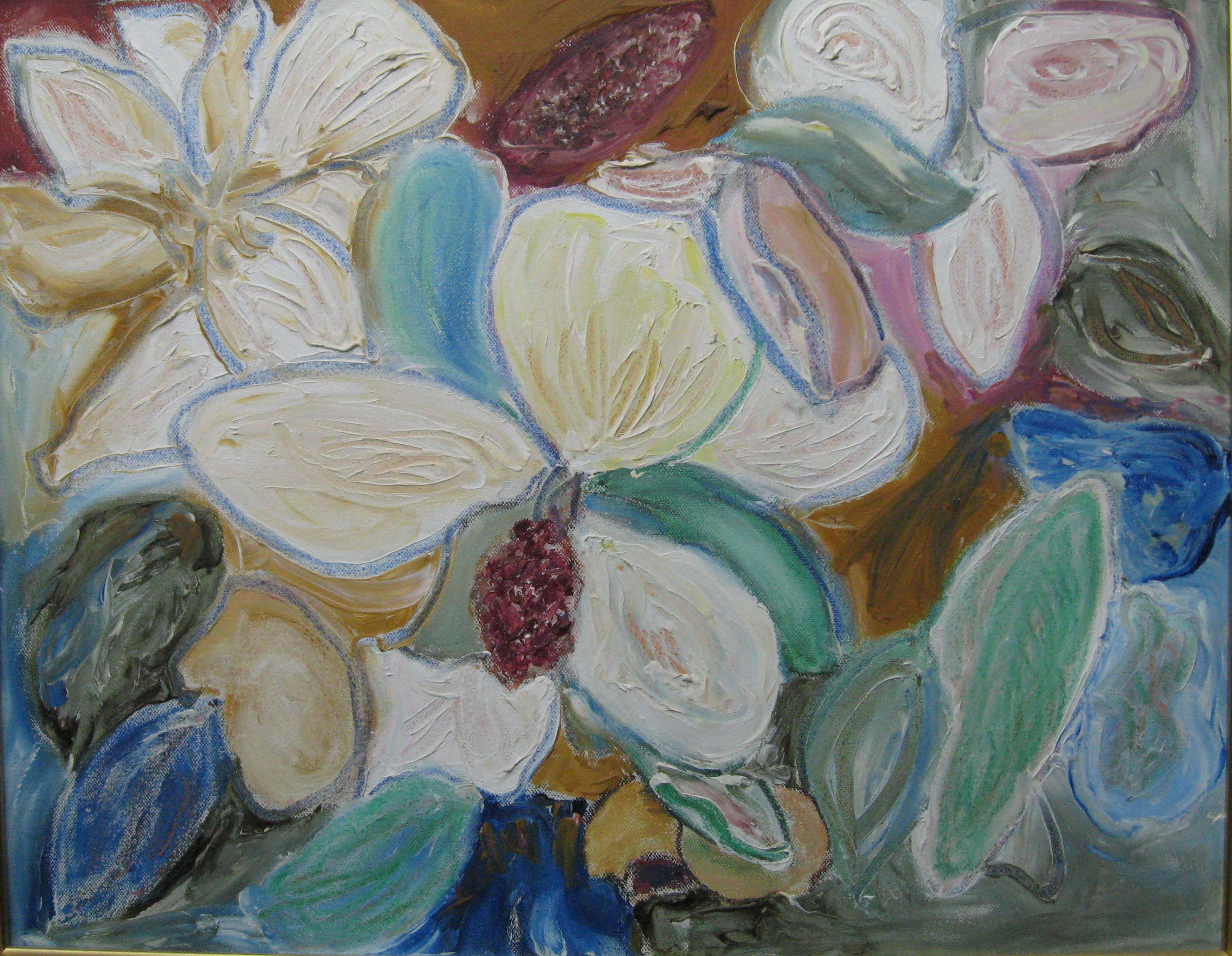My family origins are humble. My Texas grandfather Frank Gann was a cotton farmer, my Louisiana grandfather William Henry Harris a bank robber – or so claimed Grandmother, who threw him out and we never heard from him again. My favorite uncle Irvin was a greyhound racer and drive-in restaurant manager (Prince of Hamburgers, Lemmon Ave., Dallas), my sainted aunt Rita spent her career as cashier at Jay’s Cafeteria. My dad, who parlayed his GI-Bill-financed SMU degree into an accounting job at Mobil Oil, was the family success story. But my mother’s mother, if poor, was fanatical about education, and that’s the family force, booming through my music-teacher mother, that resulted in me. Grandmother (1899-1986, pictured below in 1939) was a grade-school history and English teacher in Jennings, Louisiana, and the sole distributor for World Book Encyclopedia for the whole state. Three husbands swelled her full name to Frances Gill Harris Ross Dyess, but for most of the three decades she and I overlapped she was known as Frances Ross.
 I’ve been back in McKinney, Texas, for a few days visiting my mother, and have become heir to some of Grandmother’s papers. A poet and painter, she self-published a little book of poetry titled “Sylvan Sweets” when I was a kid, and her paintings hung on the walls of our house. I’ve looked through her 1952 Master’s thesis, about regional theater in small towns of southern Louisiana. And while I was never too impressed with “Sylvan Sweets,” I’ve found that some of her poems that weren’t included seem better, to me, than the ones that were. She wrote a whole lot more poetry than I’d realized. She wasn’t the T.S. Eliot of Louisiana; she wasn’t even the Ella Wheeler Wilcox. Nevertheless I feel compelled to air a few of her poems here, not for the sake of their literary merit, about which I make no claims, but because I hate to see so much creativity run aground in a plastic container in the attic, and it deserves one chance to fly free to whomever might find something in it. So here are a few poems of the mid-century Louisiana poet Frances Ross, with a couple of her paintings, of which her portraits of magnolia blossoms were the most accomplished.
I’ve been back in McKinney, Texas, for a few days visiting my mother, and have become heir to some of Grandmother’s papers. A poet and painter, she self-published a little book of poetry titled “Sylvan Sweets” when I was a kid, and her paintings hung on the walls of our house. I’ve looked through her 1952 Master’s thesis, about regional theater in small towns of southern Louisiana. And while I was never too impressed with “Sylvan Sweets,” I’ve found that some of her poems that weren’t included seem better, to me, than the ones that were. She wrote a whole lot more poetry than I’d realized. She wasn’t the T.S. Eliot of Louisiana; she wasn’t even the Ella Wheeler Wilcox. Nevertheless I feel compelled to air a few of her poems here, not for the sake of their literary merit, about which I make no claims, but because I hate to see so much creativity run aground in a plastic container in the attic, and it deserves one chance to fly free to whomever might find something in it. So here are a few poems of the mid-century Louisiana poet Frances Ross, with a couple of her paintings, of which her portraits of magnolia blossoms were the most accomplished.
Jenny
“Jenny,” he said, as she lazily swung
In an old hammock securely slung
Beneath two aged oaks. They towered above
Him as he sprawled nearby. “Now if it’s love
You are speaking of, you are so surely right.
She has everything of beauty, – bright
As a yellow daffodil.” Jenny’s release
Of her breath and prayer to hold her peace
Were hard – full well she knew her sister’s charms.
How many times they had filled her with alarms.
“Please,” her prayer resumed, “don’t let him see
Just how much this is affecting me.”
“Jenny,” his voice came again, soft and slow,
“It’s you I love, somehow I thought you’d know.”
* * * * * * * * * * *
Seventeen
Would that you were seventeen? Ah, no!
For each day brings its tale of woe.
Misunderstood at every turn;
Seems as if I can never learn
If I am nice they say I’m bold,
If but polite they call me cold,
If I laugh not they say I lack
A sense of humor and some tact,
But when I grin and try to see
Just how humorous I can be
They call me down and say I’m cute,
Oh, would that I could ever suit.
But what care I for what they say?
For I am I, and they are they,
For surely when I older grow,
Their artful ways I’ll get to know.
* * * * * * * * * *
February
February
is a facetious lady
Lightly joking
Her time away,
Cold, aloof,
Intriguing, shady,
In an inappropriate way.
* * * * * * * * * * *
A Flower (1967)
In my youth a slender wild flower grew
Fragile, white, it took me half a lifetime
Its name to know, its stem to safely chew.
Of its brave charm I knew no lilting rhyme.
Across many a lot it followed me;
It waved to me of flaunting love;
It shared my burdens a faith fit to see;
It counselled me of God’s will above.
It solaced me when my plans went astray
And left me unconsoled by former friends;
It nodded to me when life was free and gay,
ANd offered its star-shaped petaled joy to lend.
A rare specimen was this? Ah, no.
A wild onion flower with heart aglow!
* * * * * * * * * *
Love
Love plays no favorites, it greets and goes,
Capricious it follows the whims of chance;
As fresh as dew, as fadeless as the rose,
Born of a searching gaze, a passing glance.
Unheeding its true worth, we let it go;
Or is it better to aspire a new
And unexplored love to lend a glow
Than tend the altar of ashes we knew?
Old loves dominate my evasive dreams;
I resist, or surrender to their fate,
Until my yesterdays, torn at their seams,
Recapture a Neptune charm, all too late.
Love is the golden thread of brightest gleam
Shining through material of lesser mien.
* * * * * * * * *
And here are the magnolia paintings, one sentimental and conventional, the other rather more abstract and modernist:


